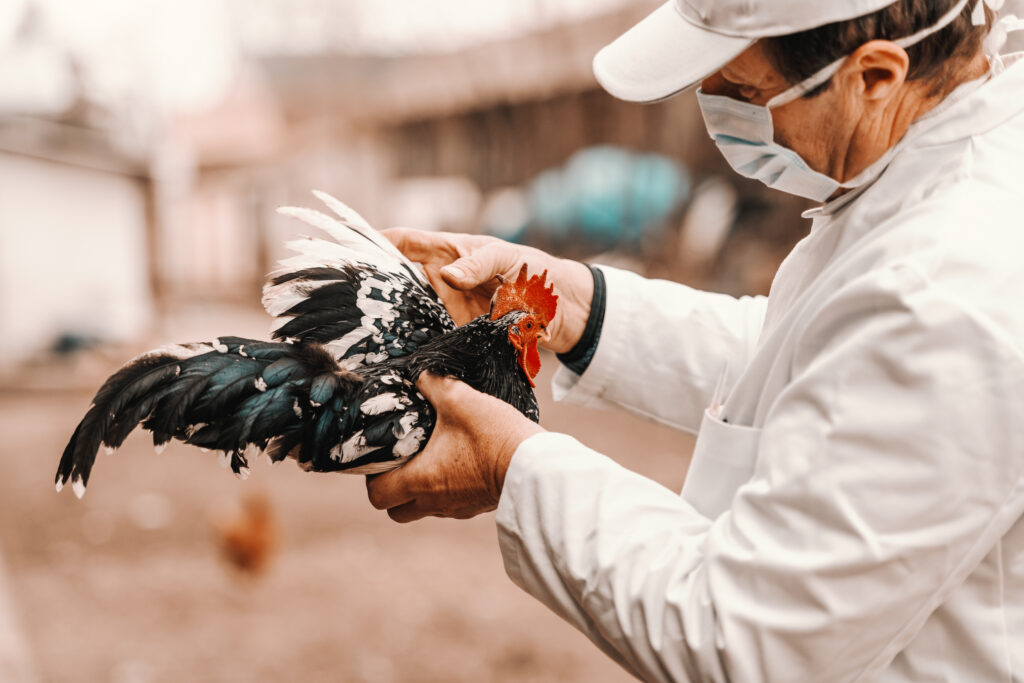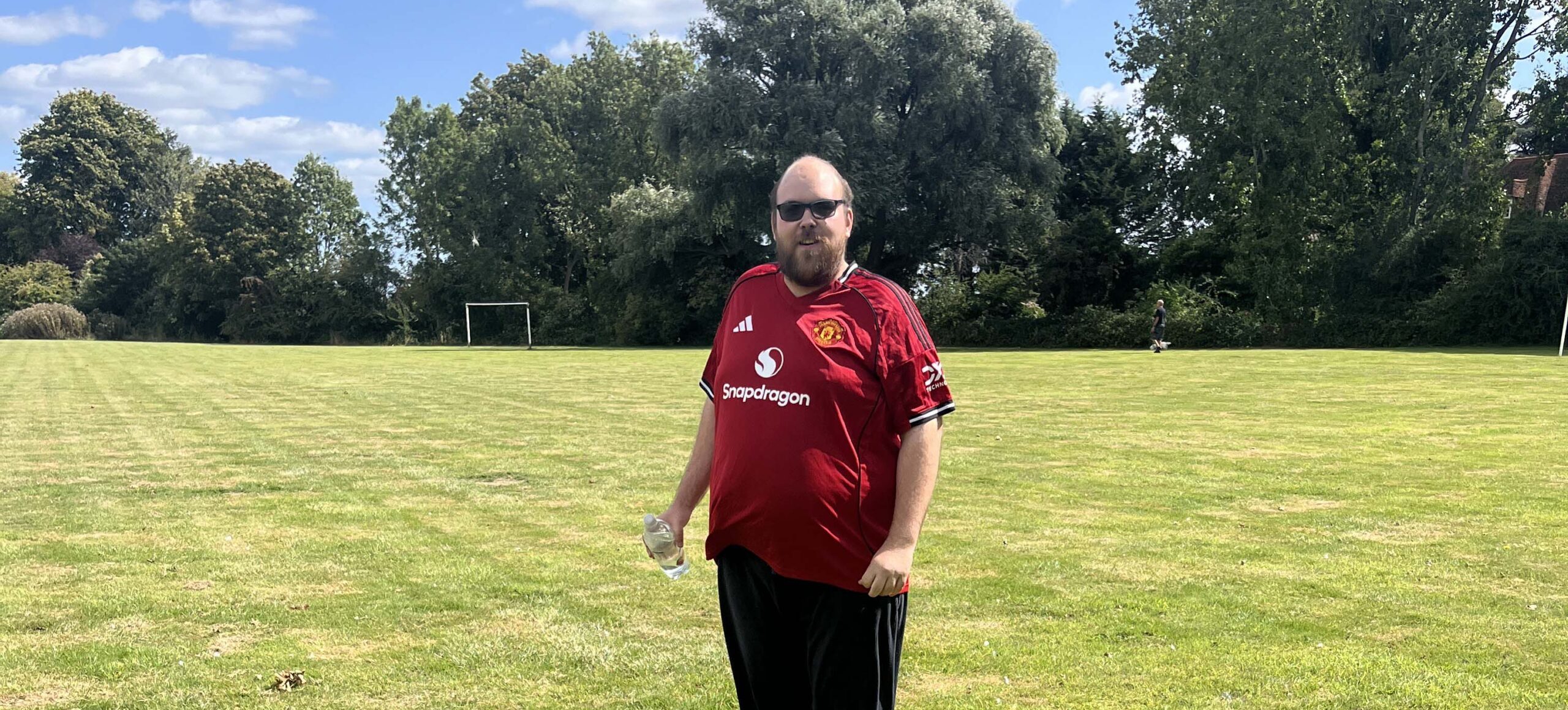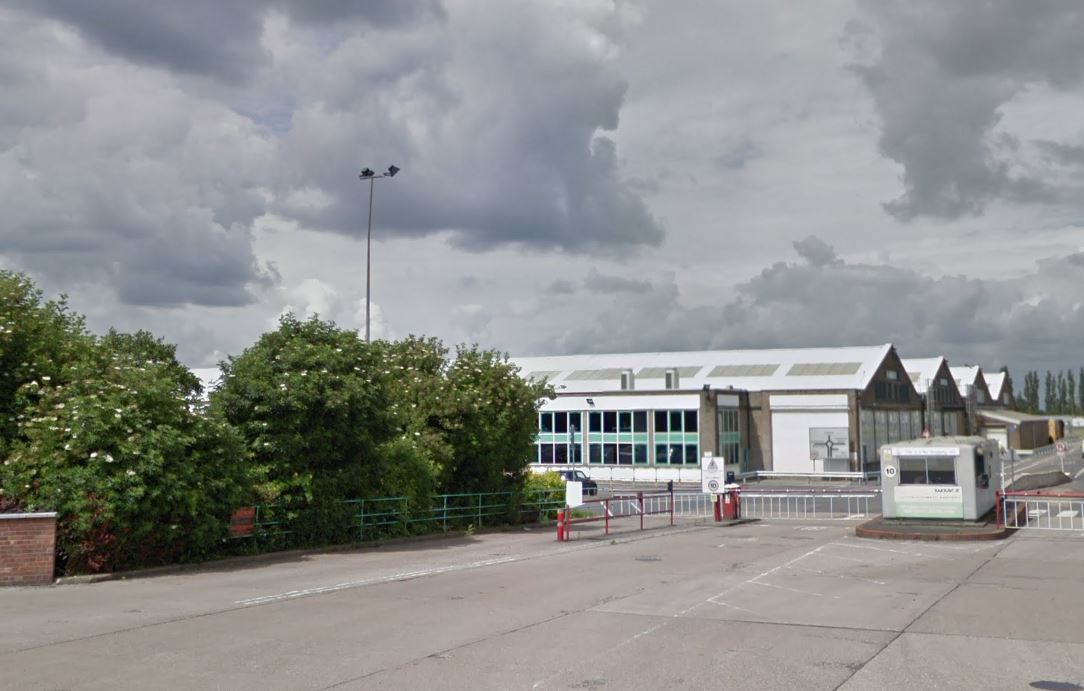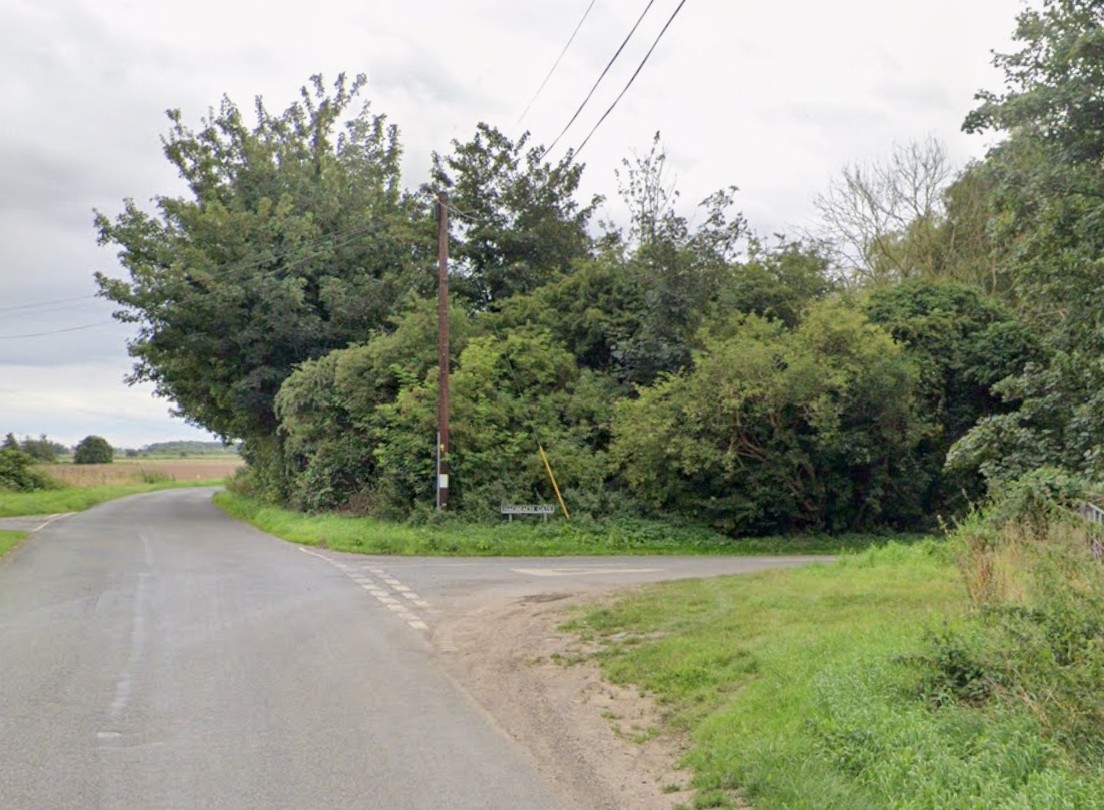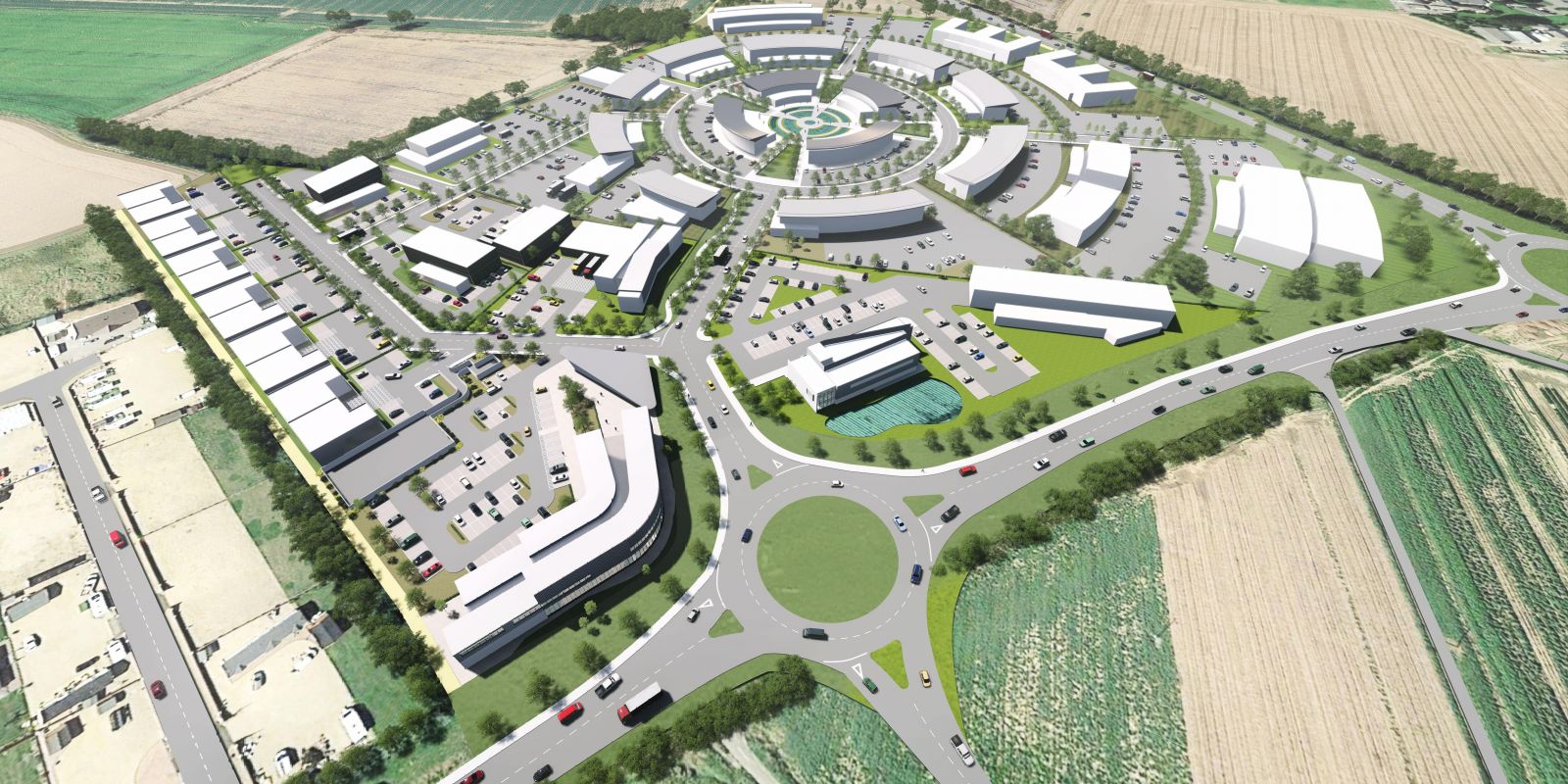Measures to prevent bird flu have been put in place in Lincolnshire after outbreaks in nearby counties.
Avian influenza – scientifically known as H5N1 – doesn’t affect humans, but can be deadly to birds, writes Local Democracy Reporter Jamie Waller.
The regional prevention zone also covers Norfolk, Suffolk and the East Riding of Yorkshire, where there have been a total of nine confirmed cases in recent weeks.
Anyone who owns birds in this area – including farmers and those with domestic flocks – are legally required to follow strict biosecurity measures.
It is currently the only regional protection zone for bird flu in the county.
The virus has also been confirmed in wild bird populations nationally, including Lincolnshire.
Lincolnshire became the centre of a national bird flu outbreak in 2021 and 2022, with more than 1.2million birds culled after outbreaks across the county.
The cost to farms was estimated to reach into the millions of pounds.
The Department for Environment, Food and Rural Affairs (Defra) said the protection zone will “mitigate the risk of further outbreaks of disease occurring.
“This means that it is a legal requirement for all bird keepers within the zone to follow strict biosecurity measures to help protect their flocks, of whatever type or size.
“This does not include a requirement to house birds, unless you are also in a 3km protection zone. However, this is being kept under constant review.”
The public is encouraged to report any dead wild birds, including swans, geese, birds of prey and gulls, to Defra immediately on 03459 335577.
They should not pick up any dead or sick birds they find.
Bird owners are also legally required to report any suspected cases of avian flu in their flocks.
The disease is highly contagious, with a single infected bird is capable of transmitting it to dozens of others.
There have been concerns that it could make the jump to humans in a similar way that Covid-19 did.
Two poultry workers tested positive in 2023, but didn’t report any symptoms.

